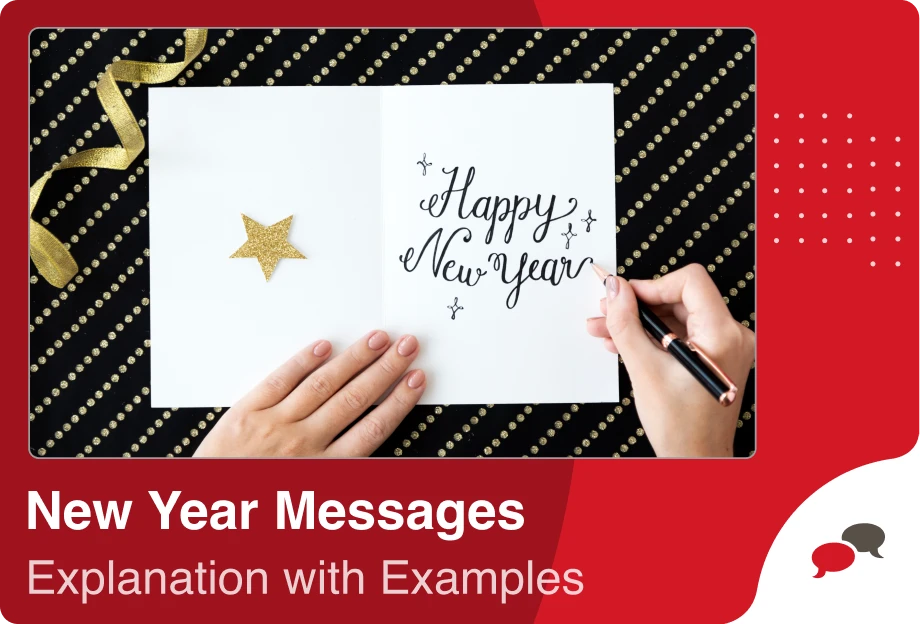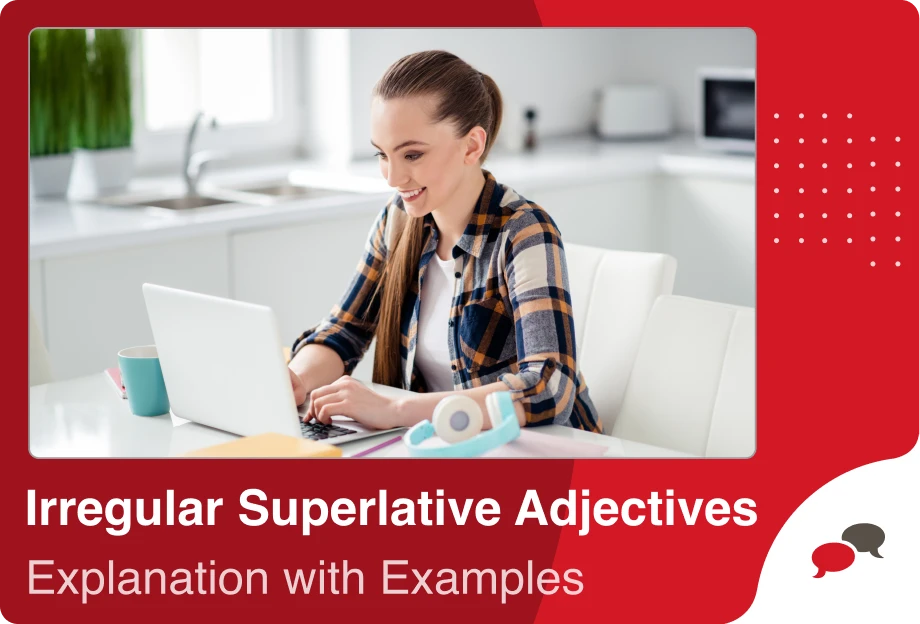Verbs are action words that tell us what someone or something is doing. They are a fun and important part of learning English because they help kids describe actions, movements, and feelings. From running and jumping to thinking and laughing, verbs make sentences lively and meaningful! This guide introduces essential verbs for kids through simple explanations, examples, and engaging activities to help them learn and practice with ease. Let’s get started with exploring the world of verbs!
What is a Verb?
A verb is a word that describes an action, state, or occurrence, and it plays a crucial role in constructing sentences. Verbs show what someone or something is doing, experiencing, or being, making them the foundation of clear communication in any language. In English, verbs are divided into regular and irregular types based on how they form their past tense and past participle. Regular verbs follow a simple and predictable rule by adding -ed or -d to their base form to create the past tense and past participle. For example, “walk” becomes “walked,” and “play” becomes “played.” This consistency makes regular verbs easier to learn and use correctly. On the other hand, irregular verbs do not adhere to this rule and instead have unique changes in their past tense and past participle forms. For instance, “go” changes to “went” (past tense) and “gone” (past participle), while “eat” becomes “ate” and “eaten.” These variations mean that irregular verbs must be memorized, as there is no single rule that applies to all of them.
List of Verbs in English
English verbs are divided into two types according to how they vary in past tense and past participle forms: Regular Verbs and Irregular Verbs. Here is a breakdown of these verbs and a list of examples:
Regular Verbs:
| Regular Verbs | Past Tense- Participle |
|---|---|
| Answer | Answered |
| Bake | Baked |
| Call | Called |
| Carry | Carried |
| Check | Checked |
| Clean | Cleaned |
| Close | Closed |
| Cook | Cooked |
| Cry | Cried |
| Dance | Danced |
| Dream | Dreamed |
| Drop | Dropped |
| Finish | Finished |
| Follow | Followed |
| Help | Helped |
| Hope | Hoped |
| Jump | Jumped |
| Laugh | Laughed |
| Learn | Learned |
| Listen | Listened |
| Open | Opened |
| Order | Ordered |
| Own | Owned |
| Paint | Painted |
| Play | Played |
| Push | Pushed |
| Save | Saved |
| Start | Started |
| Stop | Stopped |
| Study | Studied |
| Talk | Talked |
| Travel | Traveled |
| Walk | Walked |
| Watch | Watched |
| Wish | Wished |
Irregular Verbs:
| Irregular Verbs | Past Tense | Past Participle |
|---|---|---|
| Begin | Began | Begun |
| Break | Broke | Broken |
| Build | Built | Built |
| Buy | Bought | Bought |
| Choose | Chose | Chosen |
| Come | Came | Come |
| Do | Did | Done |
| Drink | Drank | Drunk |
| Drive | Drove | Driven |
| Eat | Ate | Eaten |
| Give | Gave | Given |
| Go | Went | Gone |
| Know | Knew | Known |
| Make | Made | Made |
| Read | Read | Read |
| Run | Ran | Run |
| See | Saw | Seen |
| Sing | Sang | Sung |
| Sleep | Slept | Slept |
| Speak | Spoke | Spoken |
| Take | Took | Taken |
| Think | Thought | Thought |
| Write | Wrote | Written |
Verbs Examples
-I run every morning.
-She eats healthy food..
-They speak three languages.
-We jumped over the puddle.
-He sings beautifully.
-I write in my journal.
-They dance together at the party.
-She reads a book before going to sleep.
-He swam in the lake during the summer.
-She drives to work every day.
-I cook dinner for my family.
-We play soccer every Saturday.
-She laughed at the funny joke.
-He walks to school every morning
-I watch my favorite TV show in the evenings.
-They listen to music while studying.
-We study together for our exams.
-She helps her grandmother with the housework.
-I work in a busy office.
-He sleeps for eight hours every night.
Frequently Asked Questions About English for Kids- Verbs
What are action verbs?
Action verbs describe what someone or something does. For example, in the sentence “She runs every day,” “runs” is an action verb because it describes what she does.
How do verbs change in sentences?
Verbs can change depending on the tense (past, present, future) and the subject (I, you, he, she, it). For example, “I walk” (present) becomes “I walked” (past) or “I will walk” (future).
Can verbs express feelings?
Yes, some verbs express emotions or states of mind, such as “feel,” “love,” “hate,” and “think.” For example, “I feel happy” uses the verb “feel” to describe an emotional state.
What is a modal verb?
Modal verbs are special verbs used with other verbs to express possibility, ability, or necessity. Common modal verbs are “can,” “could,” “may,” “might,” “must,” and “should.”
You can access everything your child needs to learn English on a single platform! With 25-minute live lessons guided by teachers specialized in child education, entertaining and instructive interactive videos designed for child development, vocabulary learning tools, the AI Tutor MiMi, quizzes, and interactive activities, EnglishCentral Kids offers a personalized and quality education plan tailored to your child’s needs at affordable prices. How about registering for EnglishCentral Kids now and starting your child’s English learning journey?











